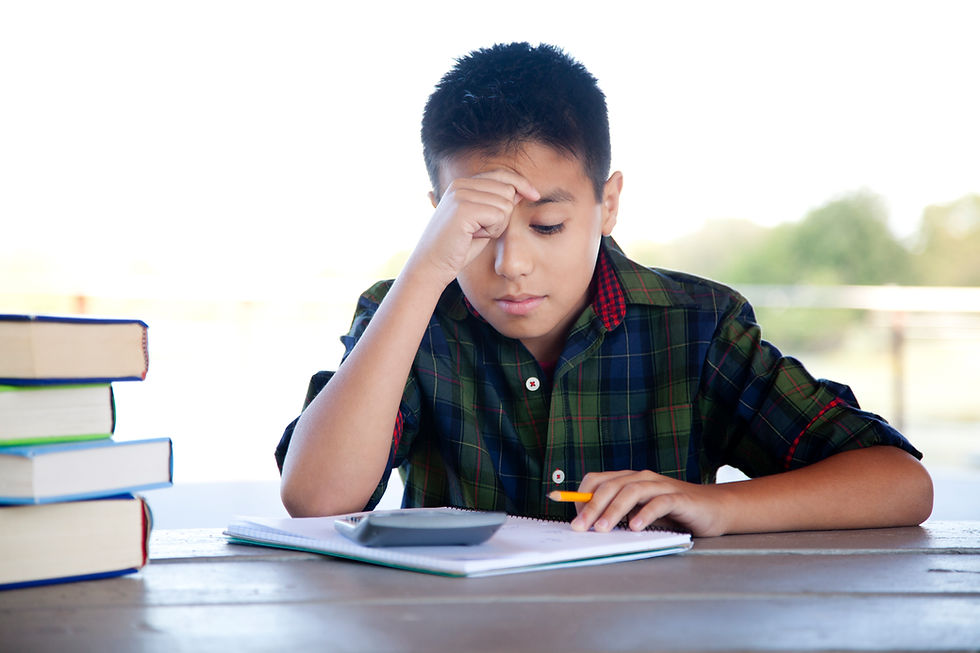Homeschool keeps growing -- and becoming more diverse
- Joanne Jacobs

- Jul 11, 2025
- 1 min read
Homeschooling is growing, and attracting a wider range of families, concludes a new report.

Before the pandemic, an estimated 3 percent of families were homeschoolers, writes Adam Wittenberg in The Lion. That soared to 11 percent when schools were closed, and has now stabilized at 6 percent. That "is nearly as large as the charter school sector (7%) and approaching the size of private school enrollment (9%), making it a significant educational option for many families."
The survey found homeschoolers were similar to parents with children in traditional schools in seeing high test scores and college enrollment as signs of success. However, homeschoolers placed less emphasis on entrance into a prestigious college, and more importance on raising students who were religious.
Homeschoolers used to be overwhelmingly conservative, notes Linda Jacobson on The 74. That's changed significantly, the survey found. Currently, "less than half of homeschoolers identify as Republicans, whereas, before the pandemic, this group outnumbered Democrats 3 to 1." Furthermore, "a quarter say they are politically liberal, and a third say they never attend religious services. That’s a big shift from 2012, when nearly two-thirds of parents said imparting their religious beliefs to their children was a primary reason for homeschooling."
Sixty-nine percent of homeschool parents are white, 15 percent Hispanic and 10 percent black, the report notes.
School safety is a key motivator for homeschooling parents, writes Fordham's Jeff Murray.



As the Fordham Institute constantly states: There is a top end to the number of families that can home school their children.
Gandhi wrote that parents are the natural teachers of their own children.
In abstract, the education industry is a highly unlikely candidate for necessarily rule-bound, bureaucratic State (i.e., government, generally) operation. The State cannot subsidize education without an operational definition of "education". The State cannot compel attendance at school without operational definitions of "attendance" and "school". The State cannot employ teachers without an operational definition of "teacher". The State's definitions then bind children, parents, prospective providers of education services, and taxpayers.
Children are not standard. One size shoe will not fit all feet. One curriculum and pace and method of instruction will not fit all brains. Brains vary more than feet. Only an incredibly stupid, or insane, or malicious, or…